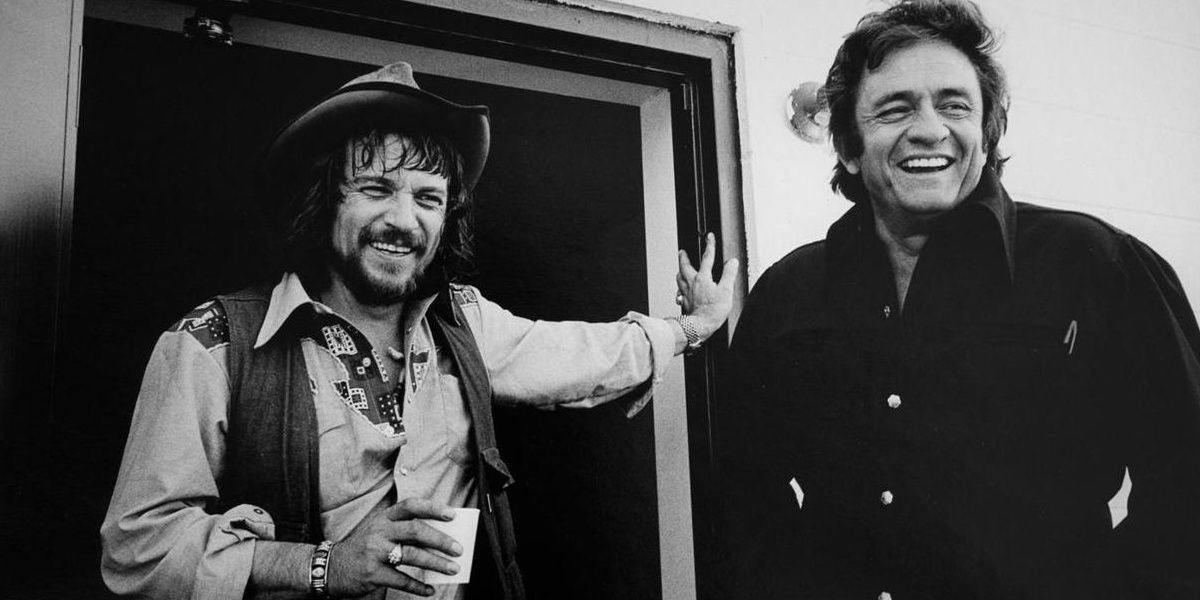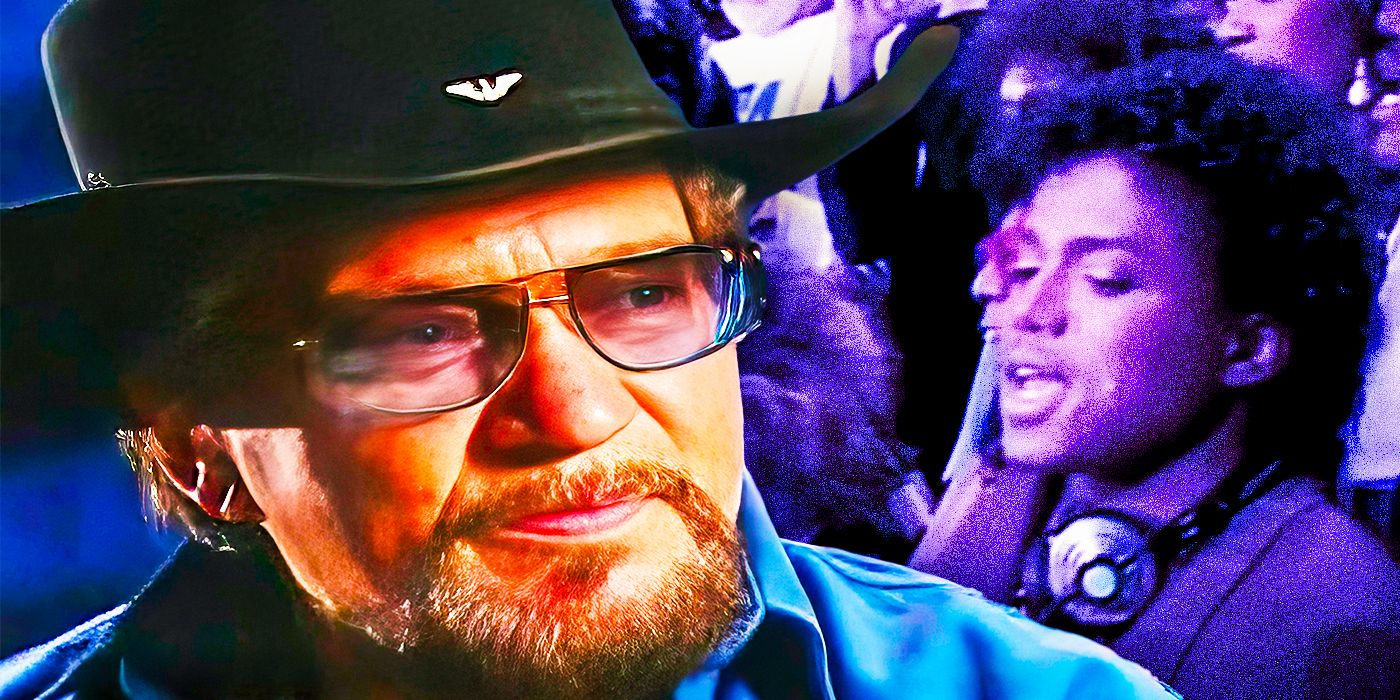
Waylon Jennings’ Exit From “We Are The World” Explained (& What Happened To The Country Singer After)
Waylon Jennings, a country singer and member of the outlaw subgenre, left the USA For Africa project due to his refusal to sing in Swahili.
Jennings had a successful singing and performing career, but it had already started to decline by the time “We Are The World” was released.

Jennings’ decision to leave the project and his declining record sales in the 1980s were both highlighted in The Greatest Night in Pop documentary.
One of the most controversial stories featured in Netflix’s new music documentary The Greatest Night in Pop is the abrupt exit of country singer Waylon Jennings from the hugely successful charity project. Considered a pioneer of the outlaw subgenre of country music that became popular in the 1970s and 1980s along with Willie Nelson, Jennings is a member of the Country Music Hall of Fame known best for songs such as “Mammas Don’t Let Your Babies Grow up Cowboys” and “Good Hearted Woman”.

Jennings, who passed away in 2002 at the age of 64 due to complications with diabetes, was also a prominent regular in The Dukes of Hazzard (1979-1985), appearing in 144 of 146 episodes as The Balladeer. He wrote and performed the theme song to the series, titled “Theme from The Dukes of Hazzard (Good Ol’ Boys)”. The concept of being a “good ol’ boy” would have much to do with Jennings’ decision to walk out on the USA For Africa effort in The Greatest Night in Pop.
Waylon Jennings Left “We Are The World” Due To A Dispute Over Stevie Wonder Singing In Swahili
Jennings had one of the most incredible voices of his time but apparently also had one of the least tolerant mindsets in the room full of stars. As depicted in The Greatest Night in Pop, a heated debate arose amongst the USA For Africa members over considerations of whether to sing some of the lyrics in Swahili, a language native to East African countries such as Kenya, Tanzania, and Uganda. The idea, originated by Stevie Wonder, was not something that Jennings was willing to discuss.
Jennings would ultimately leave the recording studio at A&M Studios in Los Angeles, California, and not return for some time. Before making his exit, Jennings had stated, “No good ol’ boy sings in Swahili.” There is some discrepancy about whether Jennings returned or not before recording on “We Are The World” ended, but his name is listed in the credits as a chorus member. The decision was ultimately made to not include Swahili lyrics in the song since it would not be inclusive of other African languages.

Waylon Jennings’ Singing Career Began To Decline Around The Same Time As “We Are The World”
By the time the “We Are The World” single was released in March 1985, the peak of Waylon Jennings’ singing and performing career had already passed. The Dukes of Hazzard series finale had already aired on February 8, 1985, and Jennings had already written all but one of his U.S. Country Chart-topping singles, with his final one being 1987’s “Rose in Paradise”. Jennings certainly did not come off great in The Greatest Night in Pop, and his record sales gradually fell throughout the latter half of the 1980s.
Leave a Reply